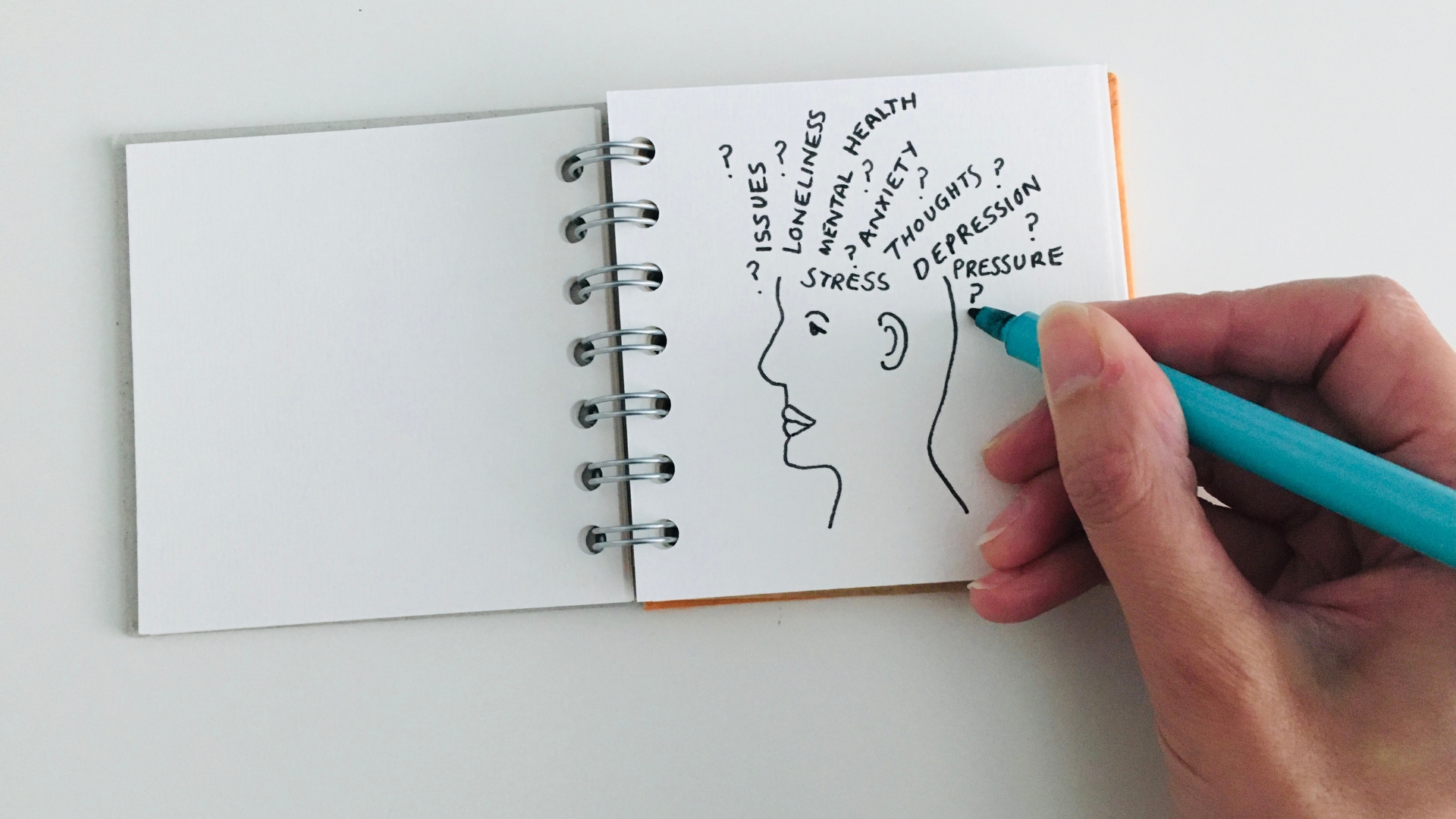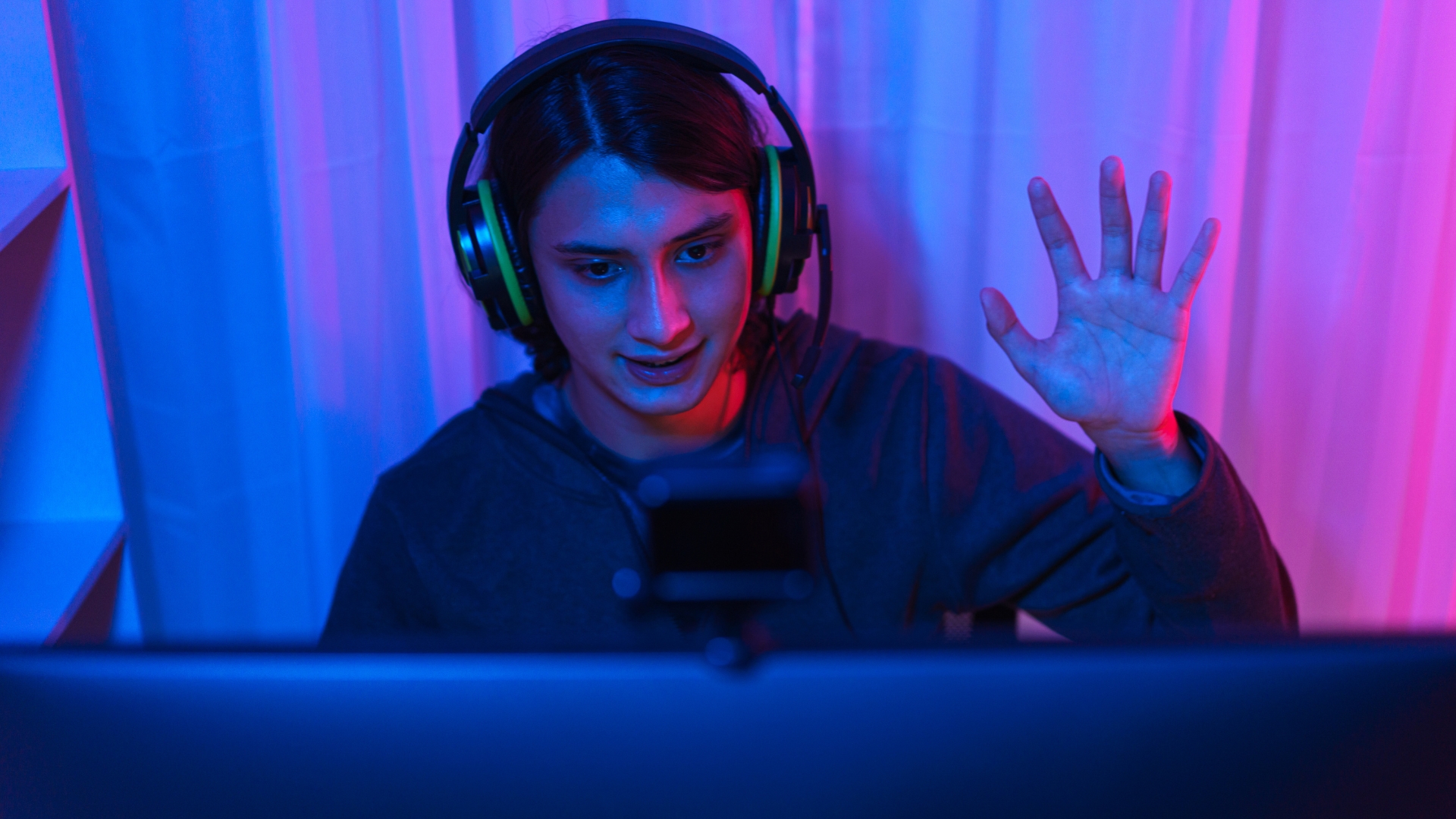The relationship between gaming and mental health is a topic of increasing interest and importance. As gaming becomes a more prevalent part of our daily lives, understanding its impact on our psychological well-being is crucial. This article explores the multifaceted effects of gaming on mental health, balancing the positive benefits with the potential challenges.
The Positive Effects of Gaming
Gaming isn’t just a form of entertainment; it can also offer several mental health benefits:
- Stress Relief: Many find gaming a relaxing escape from the stresses of daily life.
- Cognitive Development: Games can improve problem-solving skills, memory, and spatial navigation.
- Social Connection: Online gaming provides a platform for social interaction, helping combat loneliness and fostering communities.
Potential Risks and Challenges
While gaming has its benefits, it’s important to be aware of the potential risks:
- Addictive Behaviors: Excessive gaming can lead to addictive behaviors, impacting daily life and responsibilities.
- Social Isolation: While online games can be social, they can also lead to isolation from physical-world interactions.
- Mental Health Disorders: There is ongoing research into the relationship between intense gaming and mental health disorders like depression and anxiety.
Balancing Gaming and Well-Being
Finding a balance is key to ensuring gaming is a positive part of our lives:
- Moderation: Limiting gaming time can help prevent addictive patterns and maintain a balanced lifestyle.
- Variety in Activities: Engaging in a range of activities outside gaming is essential for mental and physical health.
- Mindful Gaming: Being aware of how gaming affects your mood and behavior is crucial for a healthy gaming habit.
The Role of Game Developers
Game developers also play a part in this equation:
- Promoting Healthy Gaming Habits: Creating games that encourage breaks and moderate play.
- Addressing Content Sensitively: Being mindful of how game content might impact players’ mental health.
- Supportive Gaming Environments: Developing games that foster positive and supportive online communities.
Future Research and Discussion
The conversation about gaming and mental health is evolving:
- Continued Research: Ongoing studies are needed to fully understand the impacts of gaming.
- Educational Initiatives: Educating players, parents, and educators about the benefits and risks of gaming.
- Policy and Regulation: Considering how policy and regulation can support healthy gaming practices.
Conclusion
The relationship between gaming and mental health is complex and multifaceted. While gaming can offer significant benefits, it’s important to be aware of and manage the potential risks. As our understanding of this relationship grows, so too will our ability to integrate gaming healthily into our lives.




